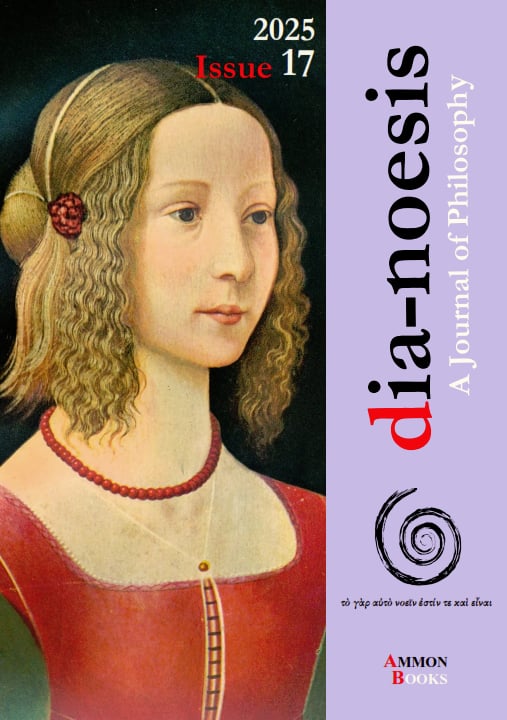The Image of Woman in Democritus

Abstract
In this study, I will attempt to present Democritus's perception of women through the surviving fragments. We will see that Democritus presents a negative to derogatory perspective on the female gender. However, perhaps things are not so simple. The philosopher's criticism of women has two parameters that should not escape us. First, the woman as a basic part of the family symbolizes the lack of free time, which is a necessary condition for the development of high human pursuits, such as philosophy and science. Second, the woman as an object of erotic desire constitutes the greatest expression of the dominance of the humblest passions over rationality. From these findings, perhaps female nature receives Democritus' philosophical attack not for its own essential characteristics, but on a symbolic level as the personification of the departure from philosophy and right reason.
Article Details
- How to Cite
-
Vavouras, E. (2025). The Image of Woman in Democritus. Dia-Noesis: A Journal of Philosophy, 17(1), 235–268. https://doi.org/10.12681/dia.41713
- Section
- Articles


